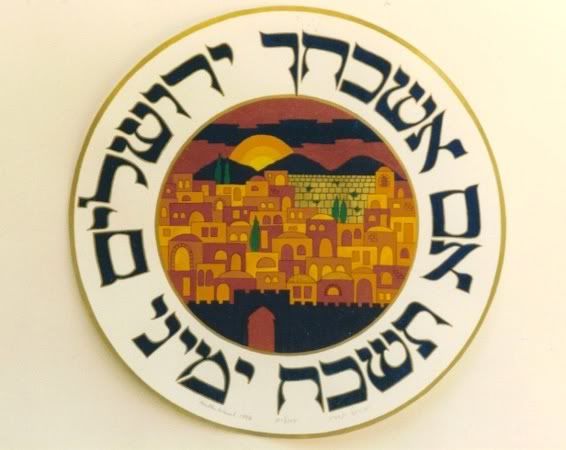Many scholars and apparently the Yemenite, Sephardic, and Italian communities at the time never accepted de Leon's claims that he only found it and published it - the authenticity of the document is in question, not the usefulness. Over time the the Zohar became increasingly respected and gained wide acceptance throughout the Jewish world.
The Wikipedia article writes:
Scarcely fifty years had passed since its appearance in Spain before it was quoted by many Kabbalists, including the Italian mystical writer Menahem Recanati. Its authority was so well established in Spain in the 15th century that Joseph ibn Shem-Tov drew from it arguments in his attacks against Maimonides.The language, the descriptions of places, and post Talmudic-era events are brought down as proofs that Rashbi could not have been the author. Gershon Scholem believed that Moses de Leon himself wrote the Zohar.
Michael Sokoloff (the author of the dictionary to replace Jastrow) recently said this:
One does not need to be an Aramaic scholar to see that the Aramaic used in the Zohar could not have been from that [post-destruction] time period.As I said earlier, I do not believe that ascribing authorship to de Leon instead of Rashbi detracts from the importance of this work.

No comments:
Post a Comment